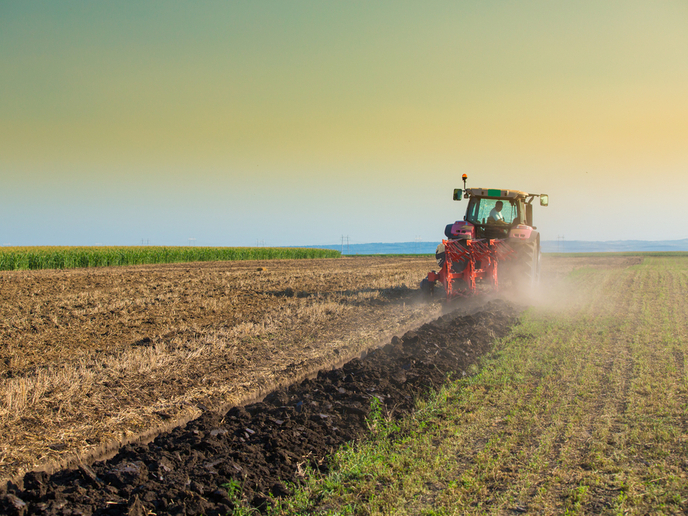Connecting crop and food producers to biorefineries to tackle food waste
Vast amounts of food are lost or wasted throughout the supply chain, from initial agricultural production all the way to final household consumption. About a third of all food produced for human consumption is lost or wasted, generating about 1.3 billion t of residue, according to data(opens in new window) by the UN’s Food and Agriculture Organization. The EU-funded AgriMax project is tackling this issue by creating multiple, high-value products from crop and food-processing waste. Project partners have recently launched an online service that enables crop producers, food processers and agricultural cooperatives to sell their waste as feedstock for use by two biorefineries in Spain and Italy. Designed and built by AgriMax, the multi-feedstock biorefineries convert residues and by-products from farming and food processing into compounds that can be used in the food packaging, chemical and agricultural sectors. “The target is to convert 40% of the waste the pilot plants receive into high-value materials,” as noted on the project website(opens in new window). A news release(opens in new window) on the project website states: “The first of these biorefineries is located in the North of Italy and hosted on family-run farm Chiesa. It is processing waste from tomatoes and cereals to produce lycopene, ferulic acid, cutin, hydrocompost and compost. In Southern Spain, another biorefinery at fruit producers Indulleida is processing olive and potato waste to produce polyphenols, fibres, protein and aroma recovery.”
Alternative to landfill
According to the same news release, the biorefineries involved will be provided with sufficient waste feedstocks throughout the year thanks to the new online platform. “This will address any seasonal and regional fluctuations in supply, as well as maximise efficiency and profitability. It also enables potential end users to order samples of the biorefinery products for testing.” Quoted in the news release, Georgios Chalkias from project coordinator IRIS Technology Group says: “The platform is a great opportunity to link key stakeholders from across the whole supply chain. It gives producers an alternative to landfill and animal feed for their waste and allows end users in the food, packaging, chemical and agricultural sectors to order high-value compounds to use in a range of biobased products.”
Wide range of compounds
The waste-based products covered by AgriMax’s biorefineries span: “Biobased packaging (biobased coatings, biocomposites and ‘active’ packaging). Food ingredients (natural additives and functional food products with health benefits). Biobased agricultural products (fertilisers and biodegradable mulching films and pots),” according to the project website(opens in new window). The AgriMax (Agri and food waste valorisation co-ops based on flexible multi-feedstocks biorefinery processing technologies for new high added value applications) project will end in September 2020. It “aims to bring several benefits to the primary production including food loss reduction, natural resources preservation, fossil feedstock replacement, by-product valorisation and environmental impact reduction,” as stated in a periodic report(opens in new window) on CORDIS. For more information, please see: AgriMax project website(opens in new window)
Countries
Spain



